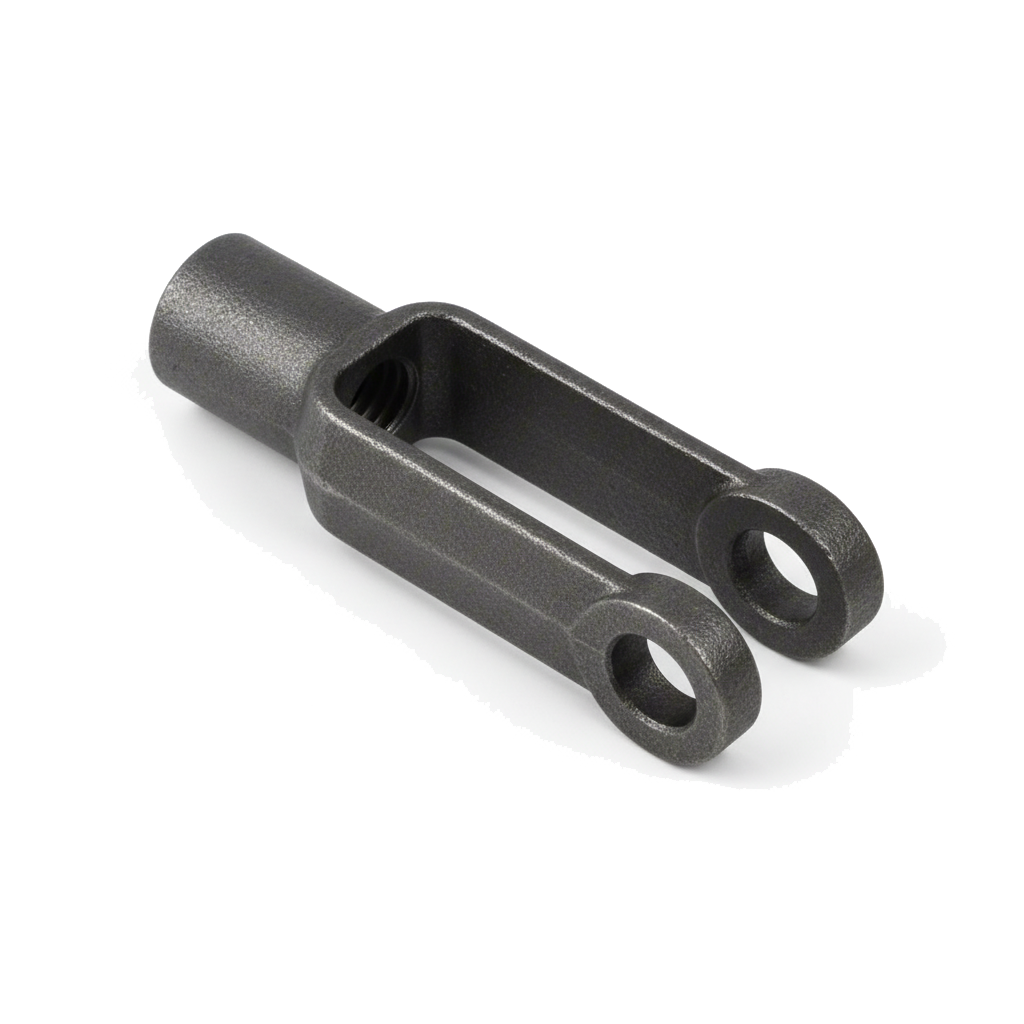Resources
Glossary
Yield Point
The exact moment when a fastener begins to deform permanently under stress. This is when the material starts to stretch and won’t return to its original shape once the load is removed. Unlike yield strength, which is a specific stress value, the yield point refers to the actual onset of this permanent deformation.
Yield Strength
Yield strength is the amount of stress a material can withstand before it begins to deform permanently. Up to this point, the material behaves elastically—meaning it will return to its original shape when the load is removed. Once the yield strength is exceeded, however, the material enters the plastic deformation range, where it begins to stretch or bend in a way that cannot be reversed, even if the load is taken off.
In the context of fasteners such as bolts or screws, yield strength represents the maximum tensile stress that can be applied without causing permanent elongation. It is a critical design limit because a fastener that yields may lose its ability to maintain proper clamping force, leading to joint failure or loosening over time. Yield strength is typically measured in megapascals (MPa) or pounds per square inch (psi), and is determined through a tensile test where a specimen is pulled until it begins to yield.

On a stress–strain curve, the yield point marks the transition between the elastic and plastic regions. Before this point, the relationship between stress and strain is linear and predictable (following Hooke’s Law). Once yield strength is reached, the material starts to deform more rapidly with little additional stress, signaling the onset of permanent distortion.
For most steel fasteners, the yield strength is usually about 80–90% of the ultimate tensile strength (UTS). For example, a bolt with a tensile strength of 800 MPa might have a yield strength of around 640–720 MPa. Engineers use this value to ensure that fasteners are tightened to produce sufficient clamping force without exceeding their elastic limit.
In summary, yield strength defines the boundary between reversible and irreversible deformation. It ensures that fasteners, structural components, and machine parts can operate safely under load while maintaining their original form and function. It is one of the most important mechanical properties used in engineering design and material selection.
Yoke End Fastener
A yoke end fastener, also known as a clevis end, is a U-shaped metal fitting used to create a secure, pivoting connection between a rod, pipe, or cable and a mounting point. It consists of a U-shaped yoke with two holes and a threaded shank extending from its base. The yoke end screws onto a rod or cable, and a separate clevis pin is then inserted through the holes of the yoke and the component it's connecting to, like a bracket or another rod. A cotter pin or similar fastener secures the clevis pin in place. This assembly allows the connected part to pivot or swing, making the yoke end a vital component in systems that require controlled motion.
Yoke ends are widely used in a variety of mechanical and hydraulic applications due to their ability to handle significant tensile forces while providing a flexible connection. They are commonly found in hydraulic cylinders, where they connect the piston rod to machinery; in automotive systems, such as steering linkages and suspension components; and in lifting and rigging equipment, where they provide reliable attachment points for cables and ropes. Their simple yet robust design makes them an essential fastener for transmitting force and motion in countless industrial and mechanical systems.

Young's Modulus
Young’s modulus (also called the modulus of elasticity, E) is a material property that measures elastic stiffness—how much a material resists stretching or compressing within its elastic (fully recoverable) range. It is defined as the ratio of stress to strain in the straight-line portion of the stress–strain curve: E = σ / ε, and it’s expressed in units of pressure (e.g., psi or GPa).
In bolted joints, Young’s modulus is one of the key inputs that controls how much a fastener elongates for a given load and how the load is shared between the fastener and the clamped parts (joint stiffness). A higher E means the material is stiffer and will stretch less under the same stress; a lower E means it’s more compliant and will stretch more. This is why a steel bolt (E ≈ 200 GPa / ~29 Msi) generally elongates less than an aluminum fastener (E ≈ 69 GPa / ~10 Msi) for the same stress, and why modulus directly affects calculations for bolt stretch, preload retention, joint separation, vibration performance, and load distribution.
Young’s modulus is not a strength value. It does not tell you how strong the material is before it yields or breaks (that’s yield strength and tensile strength), and it’s not hardness. It only describes the slope of the elastic region—the “springiness” of the material—so two steels with very different strengths can still have nearly the same modulus.

It’s named for Thomas Young, the British scientist who introduced/defined an elastic modulus for material stiffness in 1807 (and then discussed it further in his Course of Lectures on Natural Philosophy and the Mechanical Arts).
One nuance: the stress–strain proportionality idea that we now write as σ = Eε was discussed earlier by Leonhard Euler (1727), and Giordano Riccati (1782) is often credited with early experiments using the concept in a modern way—but the name “Young’s modulus” comes from Thomas Young’s 1807 treatment.
AKA: The Modulus of Elasticity
